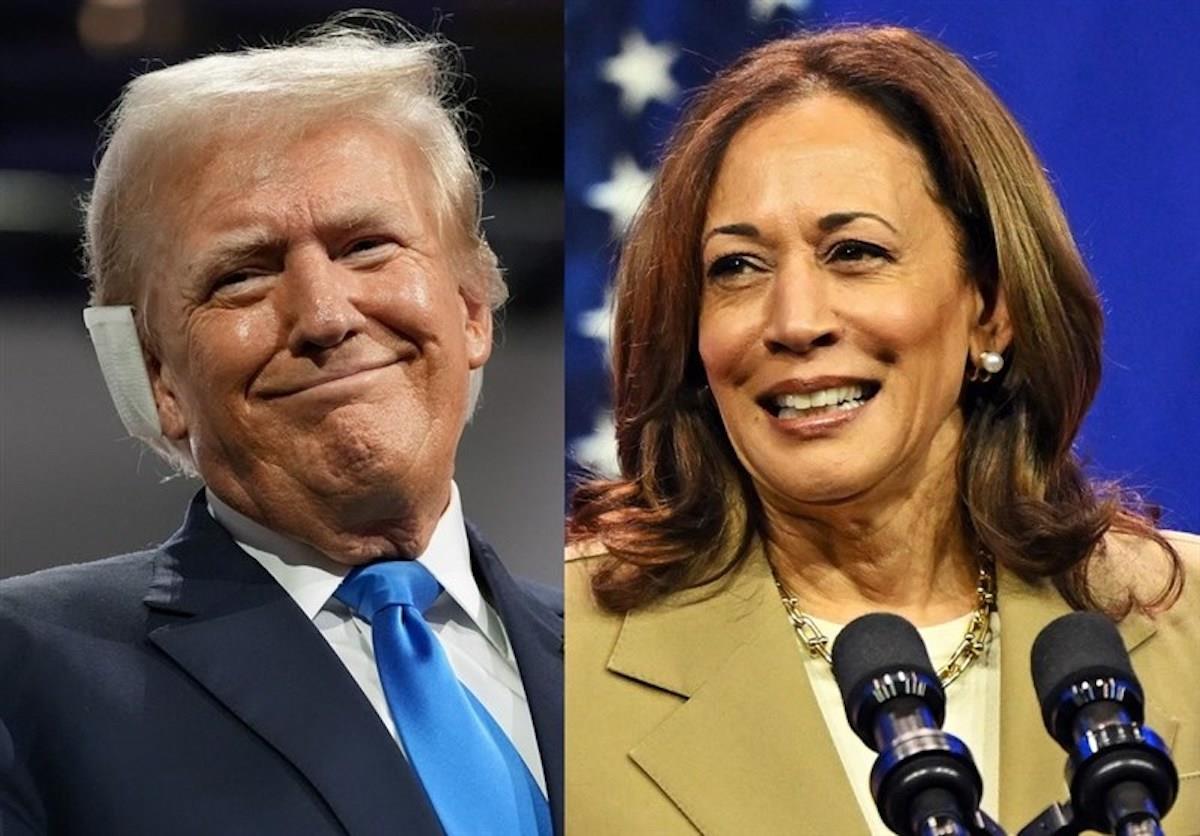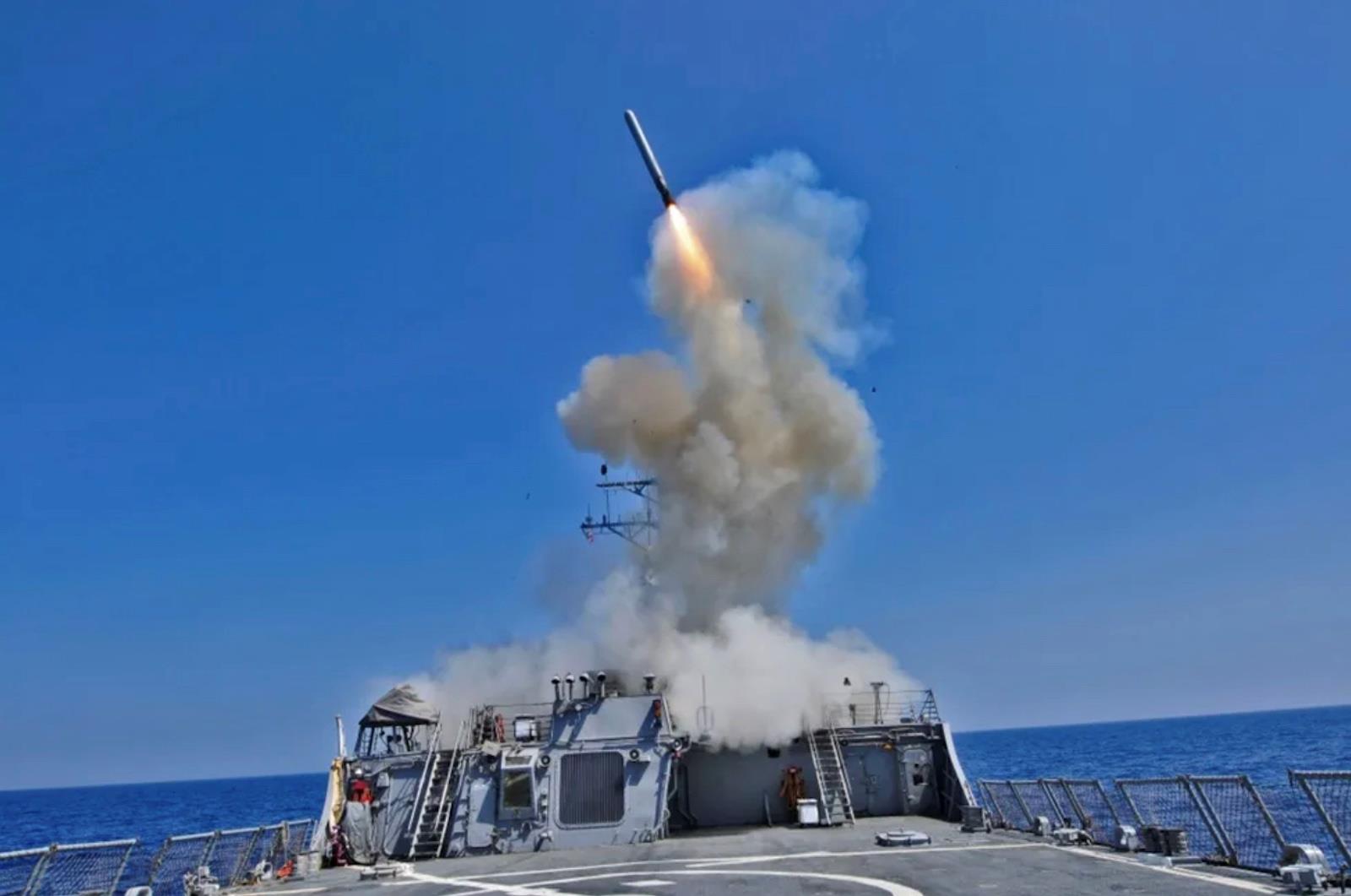
Korea Policy Continuity And Change Under Harris Or Trump
The evolving geopolitical landscape of Northeast Asia positions US policy toward the Korean Peninsula as a crucial component of the broader Indo-Pacific strategy. The decisions of the next US administration – whether under Kamala Harris or under Donald Trump – will significantly impact regional stability and global security.
Despite a bipartisan consensus on key objectives, the approaches each administration may take reveal important differences, highlighting the complexities of US foreign policy in the region.
Continuity in strategic objectives: a bipartisan foundationCentral to US policy toward Korea is a bipartisan recognition of the peninsula's critical strategic significance. This shared understanding is anchored in three key pillars, which both Harris and Trump are likely to uphold regardless of the administration in power:
More than just a military partnership, the US-South Korea alliance serves as a cornerstone of regional stability. It acts as a counterbalance to North Korea's unpredictable regime and China's expanding influence in the Indo-Pacific. Both Democratic and Republican perspectives emphasize the necessity of maintaining a strong US military and diplomatic presence in South Korea, viewing it as essential for sustaining peace and deterring aggression in the region.
Despite extensive diplomatic efforts over the past decades, North Korea's nuclear ambitions remain one of the most pressing security concerns in the region. Both Harris and Trump recognize the critical importance of curbing these ambitions. However, their strategies for achieving denuclearization differ significantly, reflecting broader ideological distinctions between their respective parties.
The rise of China as both a regional and global power necessitates a nuanced approach to US foreign policy in the Indo-Pacific. Both potential administrations acknowledge the need to manage and, where necessary, contain China's influence, particularly in areas related to security and economic dynamics. This shared objective ensures a level of continuity in US policy, signaling both reassurance to allies and consistency to adversaries.
This bipartisan commitment to these strategic objectives provides a degree of predictability in US policy toward Korea, which is crucial for maintaining regional stability and for the broader architecture of global security.
Divergence in approaches: diplomacy vs assertivenessWhile the strategic goals may remain consistent, the methodologies that Harris and Trump would employ to pursue these objectives reveal stark contrasts, shaped by their distinct foreign policy philosophies and ideological leanings.

Legal Disclaimer:
MENAFN provides the
information “as is” without warranty of any kind. We do not accept
any responsibility or liability for the accuracy, content, images,
videos, licenses, completeness, legality, or reliability of the information
contained in this article. If you have any complaints or copyright
issues related to this article, kindly contact the provider above.


























Comments
No comment